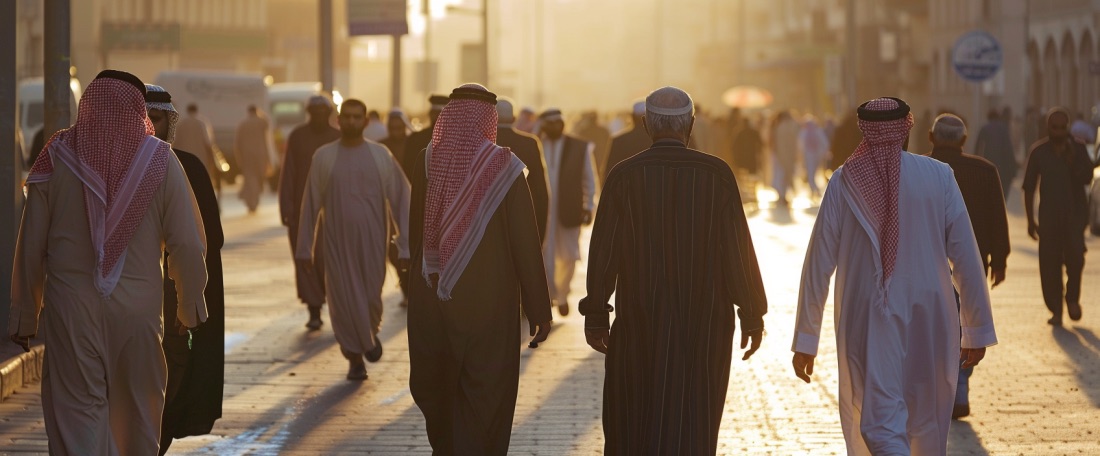Saudi Arabia and Mauritania Sign Agreement to Explore Renewable Energy Opportunities
In a groundbreaking move, Saudi Arabia and Mauritania have officially signed a framework agreement with the goal of delving into opportunities and exchanging expertise in the realms of electricity, renewable energy, and clean hydrogen.
The memorandum of understanding was solidified during the prestigious World Economic Forum Special Meeting in Riyadh, where Saudi Minister of Energy Prince Abdulaziz bin Salman and Mauritania’s Minister of Petroleum, Mines, and Energy, Nany Ould Chrougha, convened for discussions.
The MoU encompasses a wide range of initiatives, including promoting the exchange of expertise and exploring partnership opportunities in renewable energy sectors like solar, wind, waste-to-energy, and geothermal energy, as reported by the Saudi Press Agency.
Furthermore, the agreement zeroes in on bolstering the reliability and security of the electricity system through various development and improvement initiatives.
Moreover, the deal also entails exploring prospects for joint project development, technology transfer in the electricity and renewable power sectors, and potential collaborations in clean hydrogen and energy technologies.
These efforts are aimed at advancing and utilizing cleaner fossil fuel technologies, employing the most effective methods and practices to mitigate environmental impacts. This includes initiatives such as carbon dioxide separation, capture, storage, and utilization, along with enhancing energy production and consumption efficiency.
A report on renewable energy opportunities for Mauritania, released in November 2023 by the International Energy Agency, highlighted the country’s abundant wind and solar resources. Leveraging these resources could play a crucial role in providing universal electricity access and fostering sustainable economic growth.
The IEA report, the first of its kind solely dedicated to Mauritania, delved into the potential benefits of expanding the nation’s renewable energy capabilities.
“Deploying these resources at scale to generate low-cost renewable electricity and hydrogen through electrolysis could attract significant investments and kick-start Mauritania’s energy system transformation, allowing the country to bridge electricity access gaps and drive clean and sustainable development,” the report stated.
Furthermore, the report explored the possibility of Mauritania becoming a major producer of renewable hydrogen at a competitive price by 2030, with the largest pipeline of renewable hydrogen projects in sub-Saharan Africa.
Additionally, the report conducted an analysis of the water requirements for hydrogen production and assessed the viability of improving potable water accessibility through seawater desalination.

